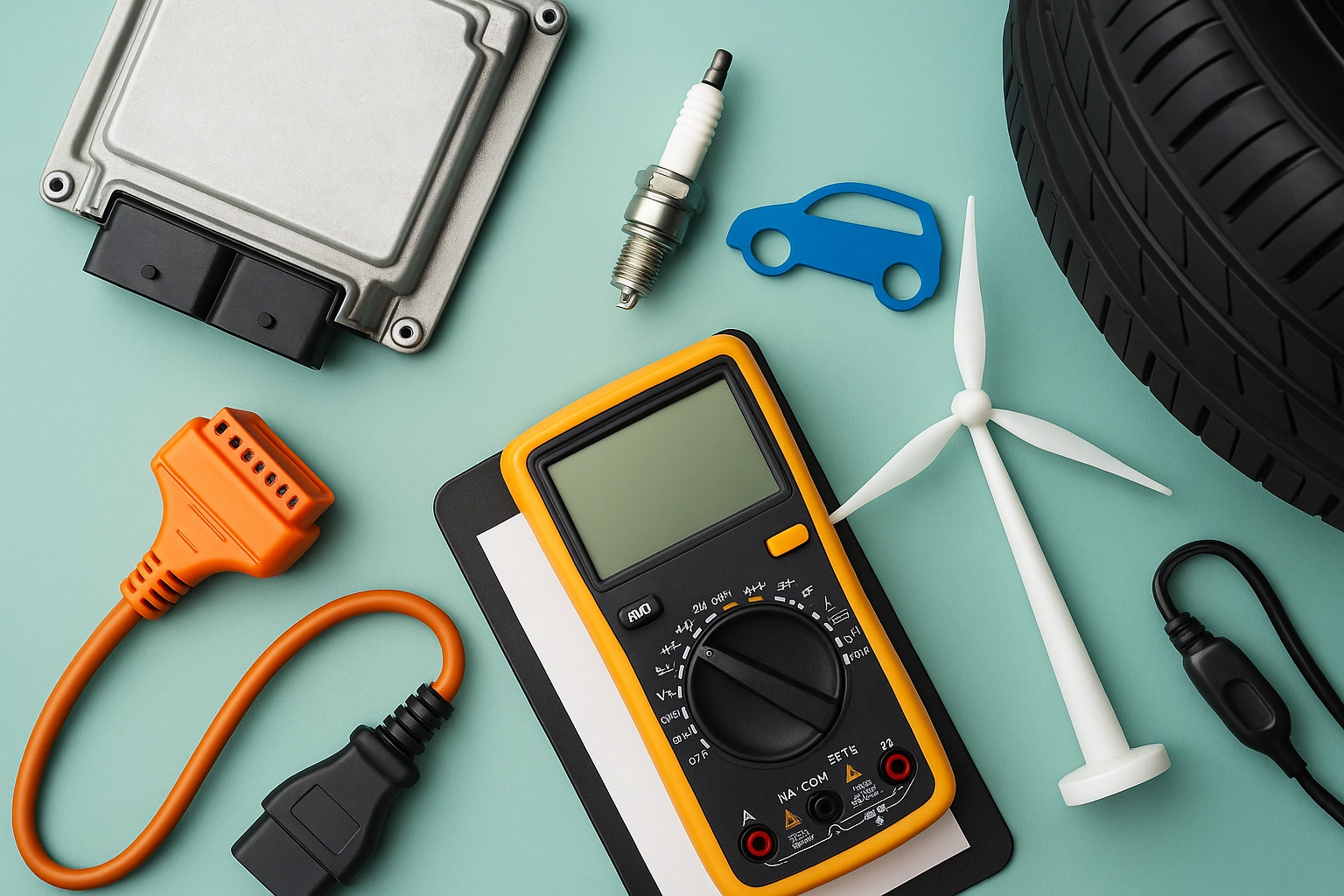ISO 12405-2 Hybrid Vehicle Battery Module Performance Test
The ISO 12405-2 standard is a critical benchmark for ensuring the safety, performance, and reliability of hybrid vehicle battery modules. This service focuses on testing these components according to this international standard, which specifies procedures for evaluating electrical characteristics, thermal stability, and mechanical integrity under various operational conditions.
Hybrid vehicles combine internal combustion engines with electric motors, leveraging both energy sources to maximize efficiency and reduce emissions. The battery module is a pivotal component in managing the electric power system of these vehicles. Its performance directly impacts vehicle range, recharging time, and overall safety. Therefore, rigorous testing ensures that hybrid vehicles meet stringent regulatory standards while delivering superior performance.
The test protocol outlined in ISO 12405-2 involves a series of controlled environmental conditions designed to simulate real-world driving scenarios. This includes tests under extreme temperatures, high current loads, and rapid charging/decharging cycles. The goal is to assess the battery module's ability to maintain its operational parameters within specified limits, ensuring it can withstand the rigorous demands placed upon it in hybrid vehicles.
One of the key aspects tested according to ISO 12405-2 involves electrical characteristics such as voltage stability, internal resistance, and power output. These measurements help identify any potential issues with the battery module's ability to deliver consistent performance under varying conditions. Additionally, thermal stability tests are conducted to ensure that the module can operate safely within its designed temperature range without compromising performance or safety.
Mechanical integrity testing evaluates how well the battery module withstands physical stresses such as vibration and shock. This is crucial given the dynamic operating environment of hybrid vehicles where the battery may experience significant mechanical strain during acceleration, braking, and cornering. By simulating these conditions in the lab, we can determine if the battery module meets the durability requirements set forth by ISO 12405-2.
The testing process involves precise instrumentation to monitor voltage, current, temperature, and other critical parameters throughout each test cycle. Data collected during these tests is meticulously analyzed using advanced software tools to generate comprehensive reports that outline the battery module's performance characteristics. Compliance with ISO 12405-2 ensures not only safety but also optimal efficiency for hybrid vehicles.
Compliance with this standard provides a competitive edge by ensuring reliability and consistency in product quality. It helps manufacturers meet regulatory requirements while enhancing brand reputation through consistent, high-quality performance. For procurement teams, ISO 12405-2 testing ensures that they are selecting suppliers who adhere to these stringent standards, thereby reducing risks associated with non-compliant components.
By adhering to the rigorous protocols set forth in ISO 12405-2, automotive manufacturers can confidently introduce safer and more efficient hybrid vehicles into the market. This service plays a vital role in advancing technological capabilities within the industry by providing accurate data that informs product development decisions.
Scope and Methodology
The ISO 12405-2 hybrid vehicle battery module performance test encompasses a comprehensive set of procedures aimed at evaluating key electrical, thermal, and mechanical attributes. The scope includes detailed specifications for the preparation of specimens, the setup of testing environments, and the execution of various tests.
- Electrical Characteristics: Testing voltage stability, internal resistance, and power output under controlled conditions.
- Thermal Stability: Assuring operation within safe temperature ranges without compromising performance or safety.
- Mechanical Integrity: Evaluating the battery module's ability to withstand mechanical stresses like vibration and shock.
The methodology involves precise instrumentation for continuous monitoring of critical parameters during each test cycle. Data is collected systematically and analyzed using advanced software tools, resulting in detailed reports that document the battery module's performance characteristics.





